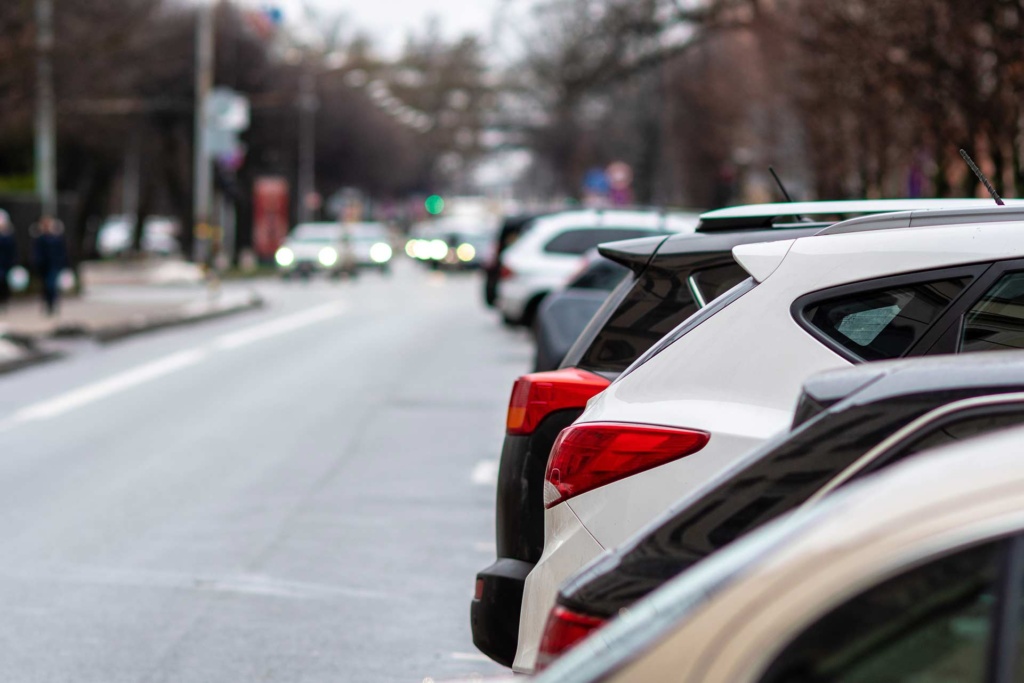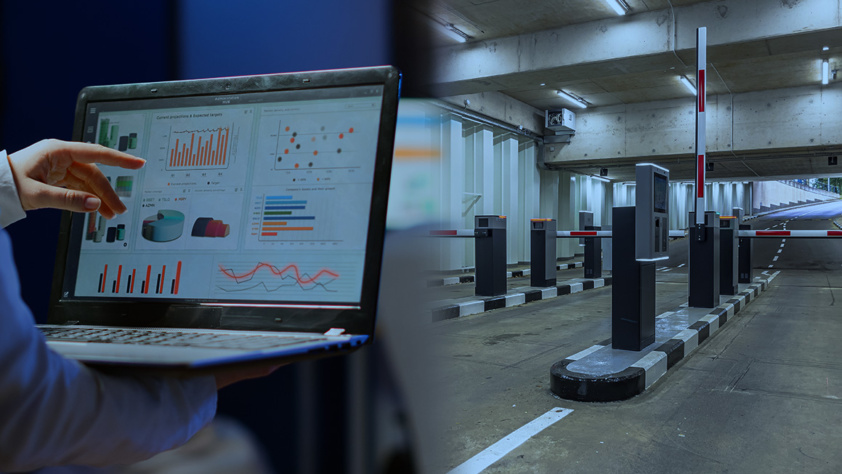
In bustling cities and urban areas, the search for parking has become increasingly frustrating. Limited space, growing populations, and rising number of vehicles have intensified parking challenges. This led us to look for smart parking solutions.
However, with technological advancements and innovative solutions, we are better equipped than ever to address these issues, being a benefit for municipalities, parking operators, and institutions that can take advantage of technological advances in their favor and obtain data for strategic decision-making that will allow them to provide a better service to their customers.
This blog will explore current smart parking challenges and the solutions to revolutionize the parking industry.
Last blog entries
Lack of Parking Spaces
One of the primary challenges is the need for more parking spaces. As cities become more crowded, finding an available spot becomes akin to searching for a needle in a haystack. To combat this issue, several solutions have emerged:
These systems utilize sensors and data analytics to provide real-time information about parking availability. Drivers can access this information through mobile apps or electronic signage, locating vacant spots more efficiently and reducing unnecessary circulation.
Collaborative platforms have emerged, allowing individuals and businesses to share their parking spaces when they are not in use. This concept optimizes parking resources and reduces the burden of finding parking for both owners and seekers.
Traffic Congestion and Circulation
The search for parking often leads to unnecessary traffic congestion and increased circulation, contributing to pollution and wasted time. To address this challenge, the following solutions have gained momentum:
These systems incorporate sensors and dynamic signage to guide drivers directly to available parking spots. These systems enhance traffic flow and reduce congestion by minimizing the time spent circling the area.
Many parking facilities now offer the option to pre-book and reserve parking spaces in advance. This technology eliminates uncertainty and allows drivers to plan their parking before reaching their destination, reducing congestion caused by last-minute searches.
Inefficient Payment Systems:
Outdated and inconvenient payment methods add to the frustration of parking. Rummaging for loose change or waiting in long queues at payment kiosks can be problematic. Fortunately, modern payment solutions are transforming the parking experience:
Mobile applications have simplified the payment process, allowing users to pay for parking through their smartphones. These apps offer convenience, cashless transactions, and the ability to extend parking durations remotely.
RFID tags, NFC, or QR code-based systems enable seamless entry and exit from parking facilities without requiring physical tickets or manual payment. These contactless methods streamline the process and reduce waiting times.
Lack of Parking Infrastructure for Electric Vehicles (EVs):
As the popularity of electric vehicles continues to rise, the need for adequate charging infrastructure poses a challenge. To support the adoption of EVs, innovative solutions are being implemented:
Governments and private entities are investing in installing charging stations in public parking lots, shopping centers, and residential complexes. This expansion of charging infrastructure encourages EV ownership and addresses range anxiety.
By integrating charging stations with the power grid, intelligent systems can optimize charging based on the demand and availability of renewable energy. This approach ensures efficient utilization of resources and reduces strain on the grid.
The Role of Data in Making Parking Smarter
Data plays a crucial role in improving parking in cities. By harnessing and analyzing relevant information, cities can make informed decisions, optimize parking utilization, and enhance the overall parking experience.
Real-Time Parking Availability
Data-driven technologies such as intelligent parking systems and sensors can collect real-time information about parking space availability. This data can be accessible to drivers through mobile apps, websites, or electronic signage, enabling them to locate vacant spots efficiently. Real-time availability updates reduce the time spent circling the area, minimizing traffic congestion and frustration.
Demand-Based Pricing
Data analysis can provide insights into parking demand patterns. Cities can implement dynamic pricing models by understanding peak hours and high-demand areas. Variable pricing based on demand encourages parking turnover, reduces congestion, and ensures a fair allocation of parking resources. It also incentivizes drivers to consider alternative transportation options during peak periods.
Parking Behavior Analysis
Data analytics can provide valuable insights into parking behavior. Cities can optimize parking management strategies by studying parking duration, occupancy, and turnover rates. This data can help identify underutilized parking areas or areas with high demand, allowing authorities to make informed decisions about infrastructure improvements or policy changes.
Predictive Analytics and Planning
By analyzing historical parking data and other relevant factors such as events, weather, and transportation patterns, cities can use predictive analytics to anticipate future parking demand. This information aids in effective planning and enables proactive measures to meet the anticipated demand, such as adjusting parking capacity or implementing temporary parking solutions.
Traffic Flow Optimization
Integrating parking data with traffic management systems can enhance traffic flow. Real-time parking availability information can guide drivers directly to available parking spaces, minimizing unnecessary circling and reducing congestion. By synchronizing traffic signals with parking data, cities can create more efficient routes, reducing travel time and emissions.
Infrastructure Planning and Expansion
Data analysis helps identify areas with insufficient parking capacity or high parking demand. This information aids in strategic infrastructure planning, including constructing new parking facilities or repurposing existing spaces. Data-driven decisions ensure that parking infrastructure aligns with the cities’ and residents’ evolving needs.
User Feedback and Satisfaction:
Data can be collected through user feedback mechanisms, such as mobile apps or surveys, to assess satisfaction levels and identify areas for improvement. Analyzing this feedback enables cities to address issues promptly, refine parking policies, and enhance the overall parking experience for residents and visitors.
In-Parking, the smart solution for industry challenges
The challenges posed by urban parking can be effectively addressed by implementing innovative, intelligent solutions, collectively forming an efficient and interconnected parking ecosystem. By leveraging advanced technologies, cities can transform their parking landscape and unlock numerous benefits for drivers and urban communities.
Smart parking systems, shared parking initiatives, and real-time parking availability information streamline the process of finding parking spaces, reducing congestion and frustration. Furthermore, traffic guidance systems and pre-booking options help alleviate traffic circulation issues caused by the search for parking.
Therefore, with a solution ecosystem like In-Parking leveraging data-driven insights, cities can optimize parking utilization and analyze parking behavior for informed decision-making.
Predictive analytics and planning aid in preparing for future parking needs, while traffic flow optimization reduces travel time and emissions. By embracing an ecosystem of intelligent parking solutions, cities can create a more seamless and sustainable urban environment, providing residents and visitors with effortless parking experiences.



